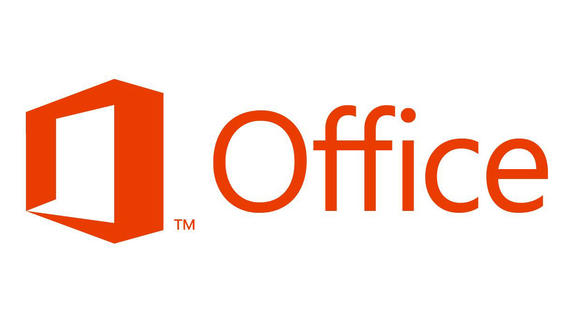Microsoft Office 2013 review
Word, Excel, Outlook and PowerPoint get the touchscreen treatment, cloud storage and a bunch of new features.

It's still the most comprehensive suite available - but do you need it? The most convincing argument we can think of for upgrading to Office 2013 will be for those that want to use Microsoft Office on a tablet. Office 2013's gesture supporting user interface is a definitely a big selling point, perhaps even pushing tablets into credible productivity devices rather than glamorous clip boards.
-
+
Clean interface; Multitude of templates; Inline replies for Outlook; Cloud syncing
-
-
Touch experience is mixed; Office 2010 is still adequate for majority of users

Conclusion
Microsoft's Office 2013 remains the gold standard when it comes to office suites. Standalone alternatives, even ones that are available for free, lack the breadth of features and the user interface polish. Microsoft may have taken cues from Windows 8 for Office 2013's interface but it is far from the firm's controversial tiled interface found in Windows 8.
While Microsoft's user interface design choices may be uncontroversial, the firm's decision to tie cloud support so closely with its own SkyDrive may cause some companies to think again due to internal security policies. Nevertheless, Microsoft has done a good job of presenting Office 2013 as a way of making use of its SkyDrive cloud storage and the office suite will no doubt considerably increase the popularity of SkyDrive.
When it comes down to price, Microsoft's decision to offer a software as a service type pricing will tempt many, especially smaller businesses that need to keep capital expenditure down. However, for larger businesses which have used Office versions for many years, traditional perpetual licensing will remain the best way to go.
Microsoft's Office 2013 is a solid release, with no major show stoppers, but for those looking at deploying Windows 8 touch-screen devices, Office 2013 is the must have office suite.
Is it worth upgrading from Office 2010?
Microsoft has waited over two years since the launch of Office 2010 to update its flagship application and while there are improvements, especially in cloud integration and new headline features in Excel, those running Office 2010 will find few reasons to shell out again for Office 2013.
The reasons for this are partly down to Office 2010 being perfectly adequate for most users and partly because some of those cloud synchronisation features can be used without needing to upgrade at this time.
User who do upgrade from Office 2010 shouldn't find it to be much of a jump. Microsoft's interface tweaking means Office 2013 will have a shallow learning curve and it means that the Ribbon interface will remain a love it or loathe it affair.
This article was originally published on 11/3/2013 and updated on the 16/2/15 to add in a key features summary box. Minor updates have been made on 27/03/15.
Verdict
It's still the most comprehensive suite available - but do you need it? The most convincing argument we can think of for upgrading to Office 2013 will be for those that want to use Microsoft Office on a tablet. Office 2013's gesture supporting user interface is a definitely a big selling point, perhaps even pushing tablets into credible productivity devices rather than glamorous clip boards.
Get the ITPro daily newsletter
Sign up today and you will receive a free copy of our Future Focus 2025 report - the leading guidance on AI, cybersecurity and other IT challenges as per 700+ senior executives
Barry Collins is an experienced IT journalist who specialises in Windows, Mac, broadband and more. He's a former editor of PC Pro magazine, and has contributed to many national newspapers, magazines and websites in a career that has spanned over 20 years. You may have seen Barry as a tech pundit on television and radio, including BBC Newsnight, the Chris Evans Show and ITN News at Ten.
-
 CISA issues warning in wake of Oracle cloud credentials leak
CISA issues warning in wake of Oracle cloud credentials leakNews The security agency has published guidance for enterprises at risk
By Ross Kelly Published
-
 Reports: White House mulling DeepSeek ban amid investigation
Reports: White House mulling DeepSeek ban amid investigationNews Nvidia is caught up in US-China AI battle, but Huang still visits DeepSeek in Beijing
By Nicole Kobie Published
-
 Google faces 'first of its kind' class action for search ads overcharging in UK
Google faces 'first of its kind' class action for search ads overcharging in UKNews Google faces a "first of its kind" £5 billion lawsuit in the UK over accusations it has a monopoly in digital advertising that allows it to overcharge customers.
By Nicole Kobie Published